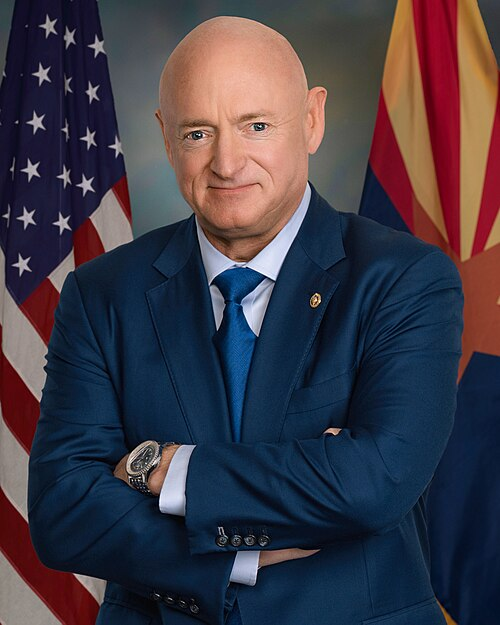S. 2673: Medic Education and Deployment Into Civilian Careers Act of 2025
This bill, known as the Medic Education and Deployment Into Civilian Careers Act of 2025, aims to improve the transition of military medics into civilian healthcare careers. The bill includes several key provisions that focus on the following areas:
1. Recommendations for Transition Improvement
The bill requires the Secretary of Defense and the Secretary of Homeland Security to work with various state and federal agencies to develop recommendations to enhance the transition of military medics into civilian healthcare roles. This involves:
- Identifying barriers that prevent effective communication about how military medic credentials translate to civilian roles.
- Standardizing military medic credentials to ensure they align with civilian qualifications.
- Facilitating expedited programs that help medics gain civilian certifications or licenses before they leave the military.
- Increasing awareness and access to programs that prepare transitioning servicemembers for civilian healthcare roles.
- Providing information about civilian healthcare credentials and job opportunities during the transition process.
2. Reporting Requirements
Within 180 days of the enactment of this bill, the relevant Secretary must submit a report to Congress detailing the recommendations and a plan for their implementation.
3. Health Care Workforce Preparedness and Response Pilot Program
The bill establishes a pilot program to offer grants to healthcare providers that help hire, train, and retain separating military medics in civilian healthcare positions. Key features include:
- Grants will support eligible providers in hiring transitioning military members, particularly in areas with a healthcare professional shortage.
- The program aims to enhance the accessibility and quality of civilian healthcare by incorporating military medics into the workforce.
- Grants can last for three years, with options to renew, and funds will support hiring processes, training for civilian credentials, and coordination with existing transition programs.
- Special considerations will be given to providers located in rural areas to ensure equitable distribution of grant funding.
4. Definitions and Provisions
The bill includes specific definitions, clarifying various terms like "medic," "eligible provider," and "Transition Assistance Program," which are crucial for understanding the bill's scope and implementation structure. Additionally, it authorizes appropriations of $5 million per fiscal year from 2026 to 2030 for the programs described in the bill, while allowing up to 10% for administrative costs.
Relevant Companies
- HCA Healthcare (HCA): As a major healthcare provider, this company could benefit from an influx of trained military medics, potentially increasing their workforce and filling critical roles.
- Universal Health Services (UHS): Similar to HCA, UHS may find itself in a better position to hire qualified medics transitioning from military service, enhancing its service capabilities.
- Tenet Healthcare (THC): This company may also see significant impacts by tapping into the pool of experienced medics entering the civilian healthcare workforce.
This is an AI-generated summary of the bill text. There may be mistakes.
Sponsors
2 bill sponsors
Actions
2 actions
| Date | Action |
|---|---|
| Aug. 01, 2025 | Introduced in Senate |
| Aug. 01, 2025 | Read twice and referred to the Committee on Veterans' Affairs. |
Corporate Lobbying
0 companies lobbying
None found.
* Note that there can be significant delays in lobbying disclosures, and our data may be incomplete.













